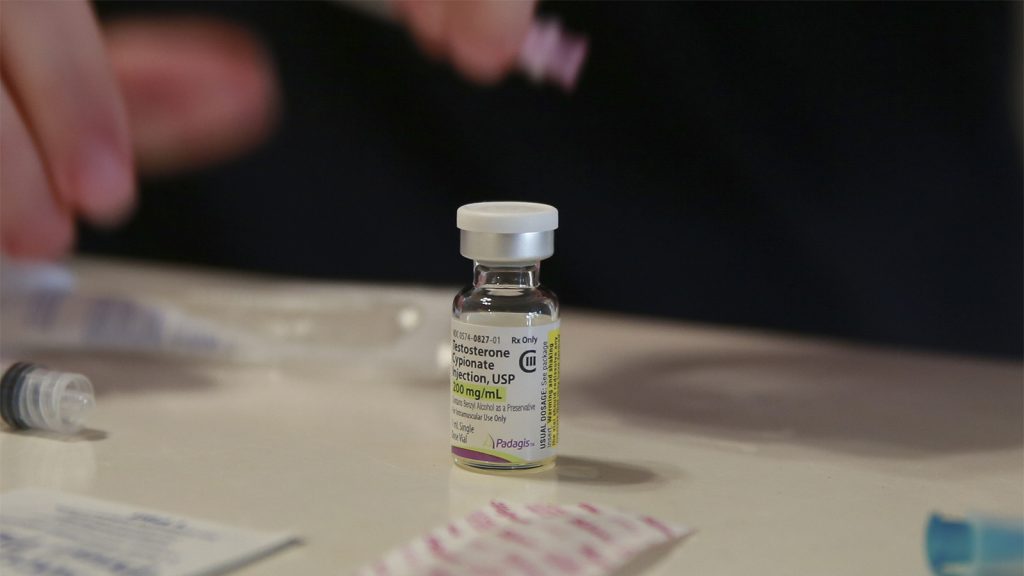The debate around healthcare for transgender youth has been a contentious issue in the US, with lawmakers and the public often relying on exaggerated and false claims about the number of young people receiving gender-affirming medications. However, a recent study published in a medical journal has provided the most reliable estimate yet, and the numbers are lower than many might expect. According to the study, fewer than 1 in 1,000 US adolescents with commercial insurance received gender-affirming medications, such as puberty blockers or hormones, during a recent 5-year period.
This study is a significant step forward in providing accurate information about the use of gender-affirming medications among young people. The researchers analyzed a large insurance claims database covering over 5 million patients ages 8 to 17 and found that only 926 adolescents with a gender-related diagnosis received puberty blockers from 2018 through 2022. During that time, 1,927 received hormones. These findings suggest that fewer than 0.1% of all youth in the database received these medications.
It’s heartening to see that the study’s lead author, Landon Hughes, PhD, a Harvard University public health researcher, emphasized that the data shows “we are not seeing inappropriate use of this sort of care.” The study’s results indicate that doctors are being cautious and responsible in their approach to prescribing gender-affirming medications to young people. In fact, the researchers found that no patients under age 12 were prescribed hormones, which suggests that medical professionals are taking a thoughtful and nuanced approach to treating transgender youth.
The study’s findings are also in line with the recommendations of the World Professional Association for Transgender Health, a leading transgender health group. The organization’s co-lead author of the adolescent standards of care, Scott Leibowitz, MD, noted that not all transgender youth proceed with medical treatments and that the best care should include experts in adolescent identity development who can work with families to determine what’s appropriate for each young person.
This study is a vital contribution to the ongoing conversation about healthcare for transgender youth. By providing accurate and reliable data, it helps to counter misinformation and promote a more informed and respectful discussion. As the US Supreme Court prepares to weigh in on the issue, it’s essential that lawmakers and the public consider the evidence and prioritize the well-being and health of transgender young people. By doing so, we can work towards creating a more inclusive and supportive environment for all individuals, regardless of their gender identity.

